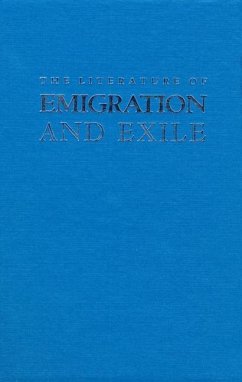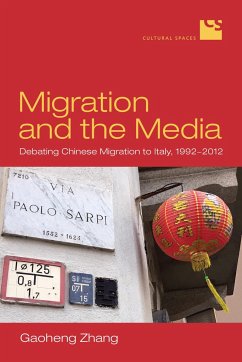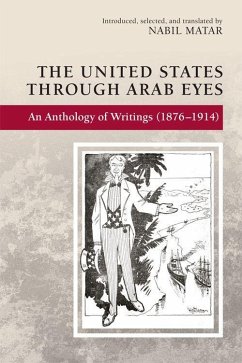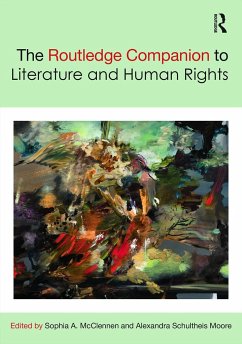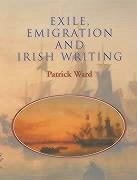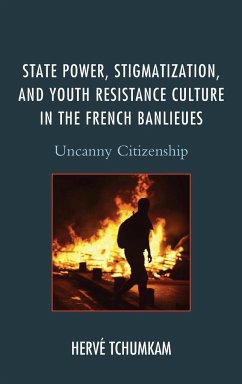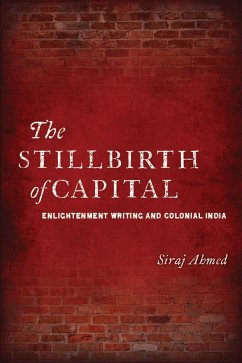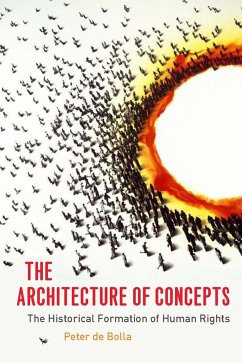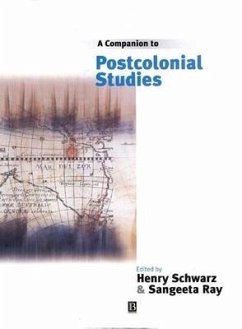
Writing Against Expulsion in the Post-War World
Making Space for the Human
Versandkostenfrei!
Versandfertig in über 4 Wochen
103,99 €
inkl. MwSt.
Weitere Ausgaben:

PAYBACK Punkte
52 °P sammeln!
Herd tells a pre-history of the Hostile Environment, returning to a period, following the Second World War, when the brutal consequences of a politics of expulsion were visible. The book is a deep defence of human rights at a moment when such rights are under attack. It shows how we can resist and think beyond the politics of border and nation.





